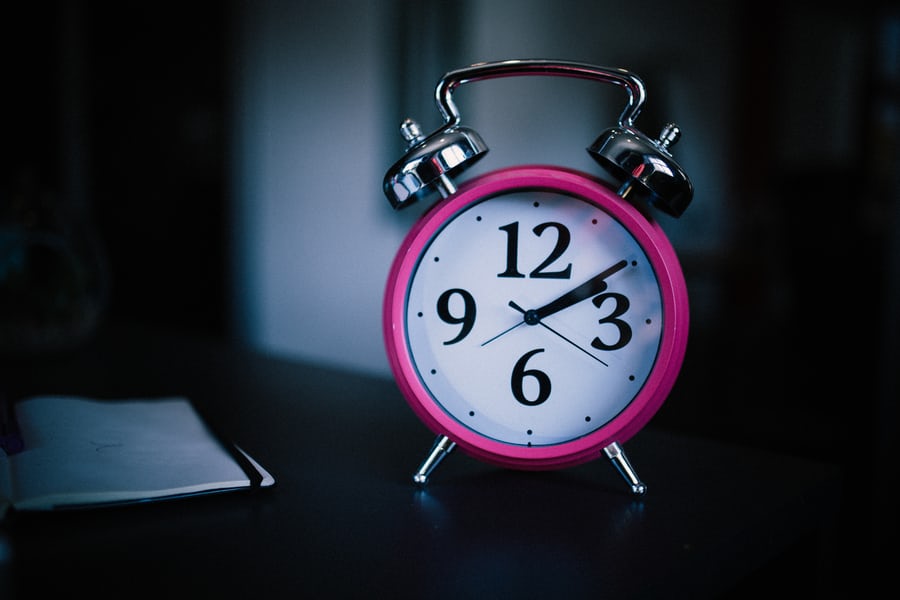Have you heard of chronobiology? Or circadian rhythm? Circadian rhythm is kind of like an internal body clock that regulates the 24 hour cycle of biological processes that help our bodies move from wakefulness to sleep, and then back to wakefulness. So, what is the big deal? Well, according to Dr. Michael Greger, in his terrific book “How not to Diet”, “…our circadian rhythms can be the difference between life and death. A study of more than 14,000 suicide attempts using poison (such as drinking pesticides) found that those who tried killing themselves in the late morning were more than twice as likely to die as those who ingested a similar dose in the evening. In the same vein, properly timed chemotherapy can not only end up being five times less toxic, but twice as effective against cancer. The same drugs, the same doses, but with different effects, depending on the times that they were given. Our bodies absorb, distribute, metabolize, and detoxify what we ingest differently depending on when the processes are occurring during the 24 hour cycle.” Wow.
The Academy of Nutrition and Dietetics position paper on effective treatments for obesity emphasizes the importance of both quantity and timing of caloric intake, “Potentially consuming more energy earlier in the day, rather than later in the day, can assist with weight management.” Some have even gone so far as to characterize obesity as a “chronobiological disease.”
Dr. Greger references an Israeli study where obese and overweight women were broken down into two groups, and each group was given the same amount of calories. One group was given a 700 calorie breakfast, 500 calorie lunch, and a 200 calorie dinner. The other group was given the opposite, a 200 calorie breakfast, 500 calorie lunch, and a 700 calorie dinner. The group who ate the most at breakfast lost more than twice as much weight as the group eating the most at the dinner meal (there was no difference in physical activity between the groups). Wow again, The apparent power of chronobiology. Dr. Greger is quick to add that the “what” is still far more important than the “when”, and that caloric timing can’t substitute for a healthy diet. 🙂
This research is still fascinating to me however, as I have people in my life who continue to battle with being underweight. If our circadian rhythm can play a role in weight loss, could it also play a role in weight gain, if we were to flip a few variables? Stay tuned…
Source: How not to Diet, Dr. Michael Greger
https://nutritionfacts.org/video/eat-more-calories-in-the-morning-to-lose-weight/




